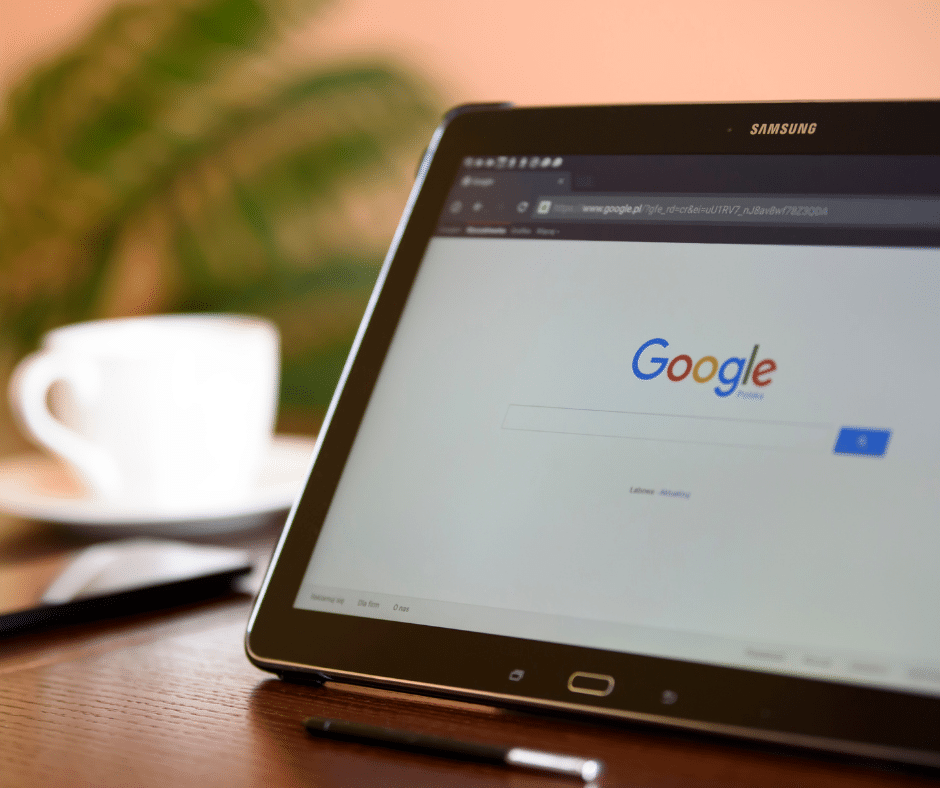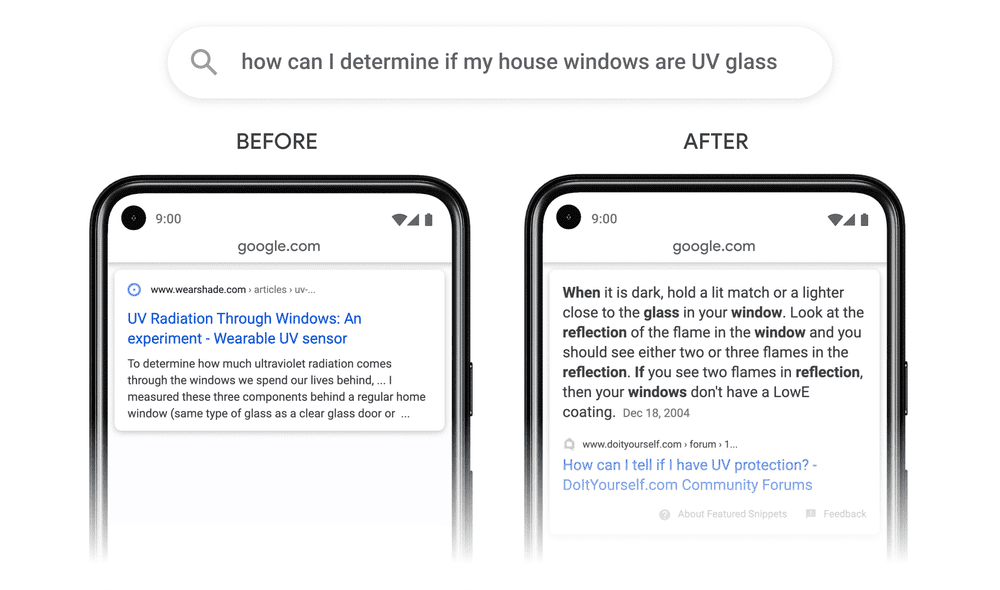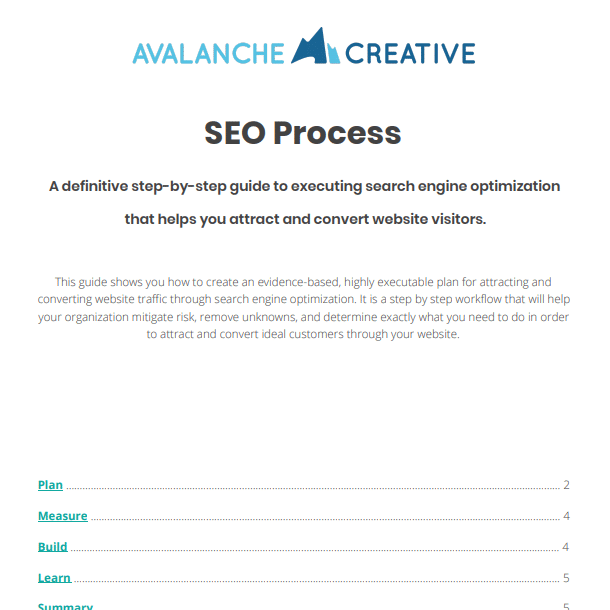Check Out This BIG Google Update
Google's turn to passage-based indexing allows SEO writers to focus even more on writing content for the user and not just the search engine.

Category: Search Engine Optimization | Tags: Content Strategy, SEO, avalanche email
Google made an announcement a few weeks ago about rolling out “passage-based indexing“.
This enables their search engine to identify passages (parts of a page) and process them as the most relevant to a particular search query – even if the passage isn’t part of the main theme of the page.
Here’s an example of what the difference is on the same query before and after this update:
Whoop-de-do! What does it all mean, Lance?
Before this, Google would more often rank the most relevant page on the internet. But, if they think a portion of a page is more relevant than an entire page for a particular search query, then they are going to show that portion.
The implications:
With the advancement of technology like this, we don’t have to worry as much about organizing information for search engines. We can focus more on organizing it for the user.
Now, that’s kind of always been our MO around here at Avalanche – create great content for your customers and your business will benefit from it (both on and off of search engines).
The problem is deciding, objectively, what is great content?
Answering that question takes practice, empathy, and insatiable curiosity.
Here’s what you can’t have if you want to create great content that generates real business results:
- Apathy.
That’s it. Not caring, or being apathetic, is the biggest hurdle I see to getting results from SEO.
So, what are you going to do about it? What’s your next move away from apathy?
BONUS
Learn how to become a better SEO Writer in our recent blog post.
Share this article:
The Avalanche Email: Fun. Simple. Educational. No Selling.
Learn Result-focused SEO & Content
Join over 2,272+ others who get one email every Wednesday with simple instructions on how to get more website traffic and leads through SEO and content marketing. (Learn more about the email)
Share this article:






